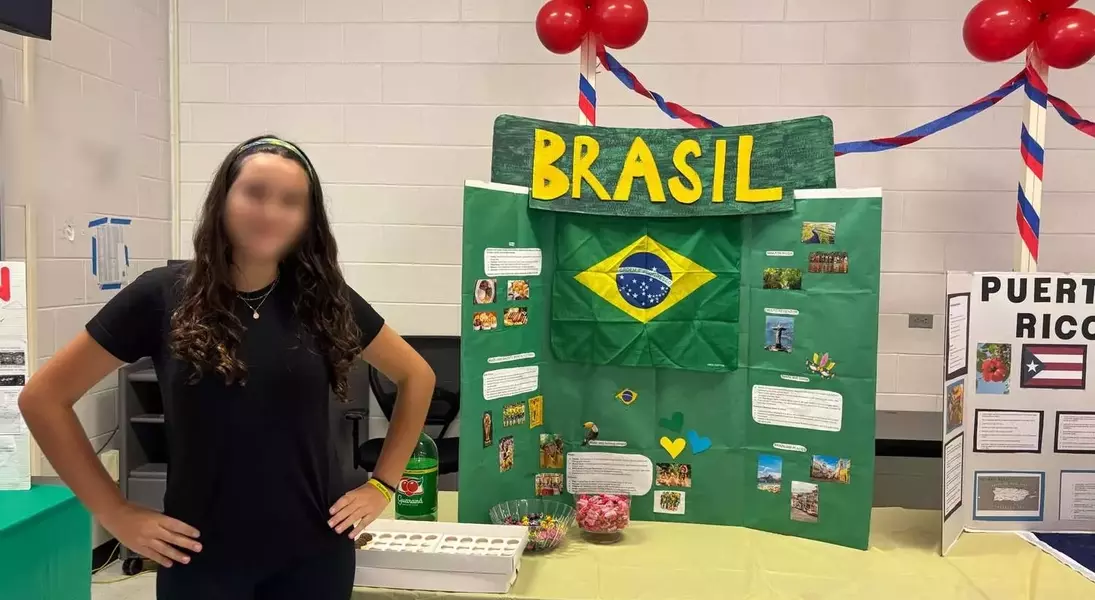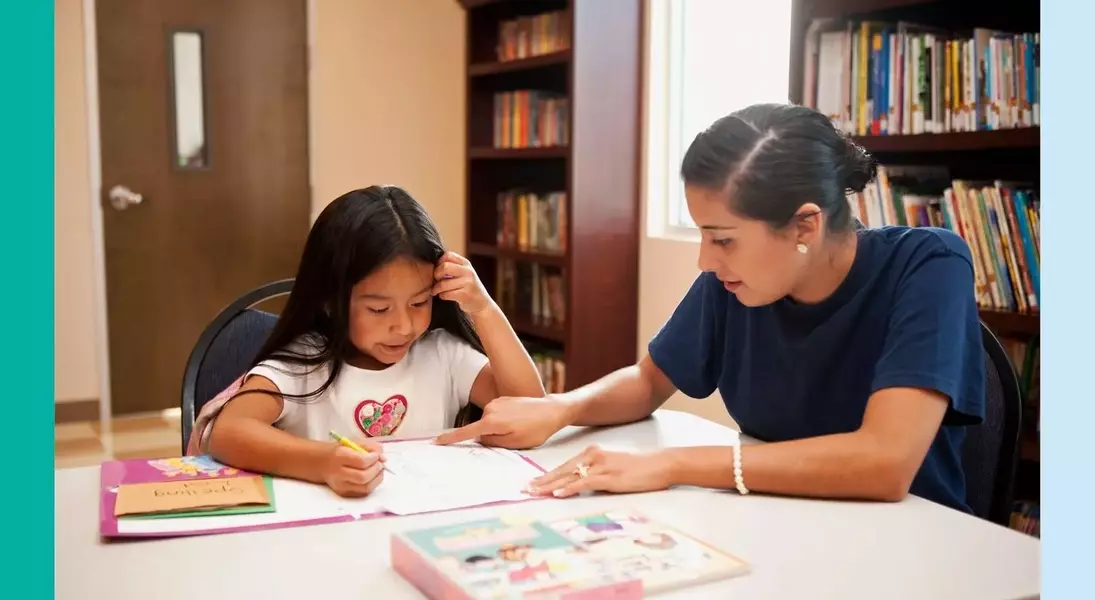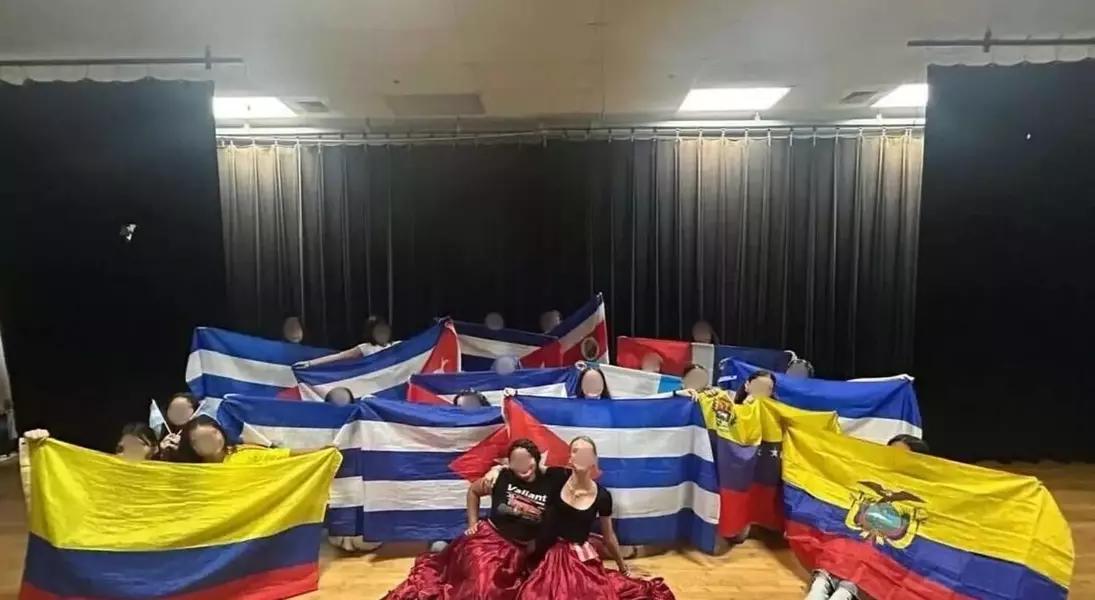




Empowering Futures: The Unfolding Crisis in Latine Student Support
A Teacher's Dedication to Empowering Latine Students
Jennifer, a public school educator, initially joined the \"Latinos in Action\" (LIA) initiative driven by her commitment to her English as a Second Language (ESL) students. Witnessing firsthand how LIA positively shaped their lives, she recognized its crucial role in fostering a more equitable learning environment. The program, active in 16 states including Florida, equips students with vital leadership competencies, preparing them for academic success and future endeavors.
The Unraveling of a Vital Program
Despite its proven benefits, LIA is now being dismantled in many Florida school districts. This drastic measure follows warnings from federal authorities that continued support for LIA could jeopardize crucial grant funding. In Broward County alone, approximately 2,800 students will be affected by the program's cancellation next spring, underscoring the widespread impact of this policy shift.
The Positive Influence of \"Latinos in Action\"
For two years, Jennifer observed the transformative power of LIA in her middle school. The program served as a beacon of cultural pride, offering students opportunities to engage in community service, develop leadership capabilities, and connect with peers. Field trips to local colleges, entirely free for students and their families, broadened their horizons and instilled a sense of possibility. \"It was incredibly empowering for them to see other Hispanic youth thriving and excelling,\" Jennifer reflects, emphasizing the program's role in providing scholarships and awards to recognize student achievements, all while promoting self-improvement and future readiness.
Building Community and Confidence Through Mentorship
A core aspect of LIA involved older Latine students mentoring younger ones, particularly in English language acquisition. This peer-to-peer support not only boosted academic confidence but also fostered a strong sense of community. The program provided valuable volunteer hours for scholarship applications and encouraged students to take active roles in organizing cultural events and decorating school premises. Jennifer noted a remarkable change in her ESL students, who, through LIA, shed their inhibitions and embraced their capabilities beyond the classroom.
Addressing Bullying and Fostering Cultural Pride
Jennifer acknowledges the harsh realities of bullying faced by her Latine students, who often endured stereotypes and discriminatory remarks. LIA emerged as a sanctuary where students could celebrate their heritage and counter negative perceptions. \"They found immense pride in being Hispanic,\" Jennifer shares, recounting how students embraced their bilingualism as a strength, ready to assist others. The program cultivated a sense of belonging and representation for Latine students, both within and outside LIA, encouraging broader cultural appreciation.
The Sudden Shift: Funding Cuts and Program Dismantlement
The landscape dramatically shifted this year when federal funding pressures compelled the district to sever ties with LIA. Jennifer observed the initial hints of trouble before the school year commenced, with warnings about potential cuts, especially to the tutoring component. The eventual announcement of the program's complete discontinuation left educators and students dismayed. Jennifer attributes this to broader administrative trends impacting diversity-focused initiatives, highlighting the power of financial leverage in educational policy decisions.
Navigating Uncertainty and Explaining the Unexplainable
Teachers found themselves in a difficult position, struggling to inform students and parents about the impending changes. A directive to avoid online discussions about LIA only heightened the tension. Despite the silence, tech-savvy students quickly uncovered the news, confronting Jennifer with questions she couldn't adequately answer. The local LIA program was erased, a consequence of funding constraints that left district leaders powerless, despite their initial support for the initiative. The renaming of LIA to \"Leaders in Action\" was perceived as a targeted attempt to diminish its cultural focus, further complicating the explanation to students.
Student Disappointment and the Fight for What's Right
The students, deeply invested in LIA's college tours, cultural celebrations, and volunteer activities, were left heartbroken and disillusioned. Their desire to \"fight back\" against the changes underscored their attachment to the program and their frustration with the lack of recourse. \"We don't even have the option to fight back. We don't,\" Jennifer states, encapsulating the pervasive sense of helplessness among educators and students alike.
The Uncertain Future of Leadership Programs
Beyond the name change to \"Leaders in Action,\" Jennifer's school is tasked with revamping the curriculum, which previously included rich units on heritage, cross-cultural learning, and college readiness. The looming deadline to completely dissociate from LIA leaves the future of any leadership program uncertain, with Jennifer fearing that next year might see no such class at all. This situation burdens teachers, who must juggle their existing responsibilities while navigating this complex transition, feeling compelled to solve a problem they didn't create.
A Personal Reflection on Educational Setbacks
Jennifer, as a first-generation, half-Dominican, half-Peruvian woman raised in Florida, deeply understands the void a program like LIA could have filled in her own youth. She reflects on how such an initiative would have fostered greater self-confidence and cultural pride, something she lacked among her peers growing up. LIA provided her students with a sense of community, a platform to explore their heritage, and practical knowledge about financial aid—elements she laments are now lost. The program's disappearance represents a significant step backward in providing crucial support and identity affirmation for Latine youth.
A Broader National Challenge
This situation in Florida is not isolated. Other educators across the nation, like Fayola, a global history teacher in New York City, observe similar policy changes affecting students. Fayola herself lost professional development opportunities due to cuts in the National Endowment for the Humanities, highlighting a wider trend of dismantling programs that support diversity and historical understanding. Both teachers emphasize the importance of remaining vigilant and vocal, refusing to normalize these adverse changes. Jennifer poignantly notes that such disruptions divert educators' focus from teaching and learning, forcing everyone to confront an unsettling reality.
